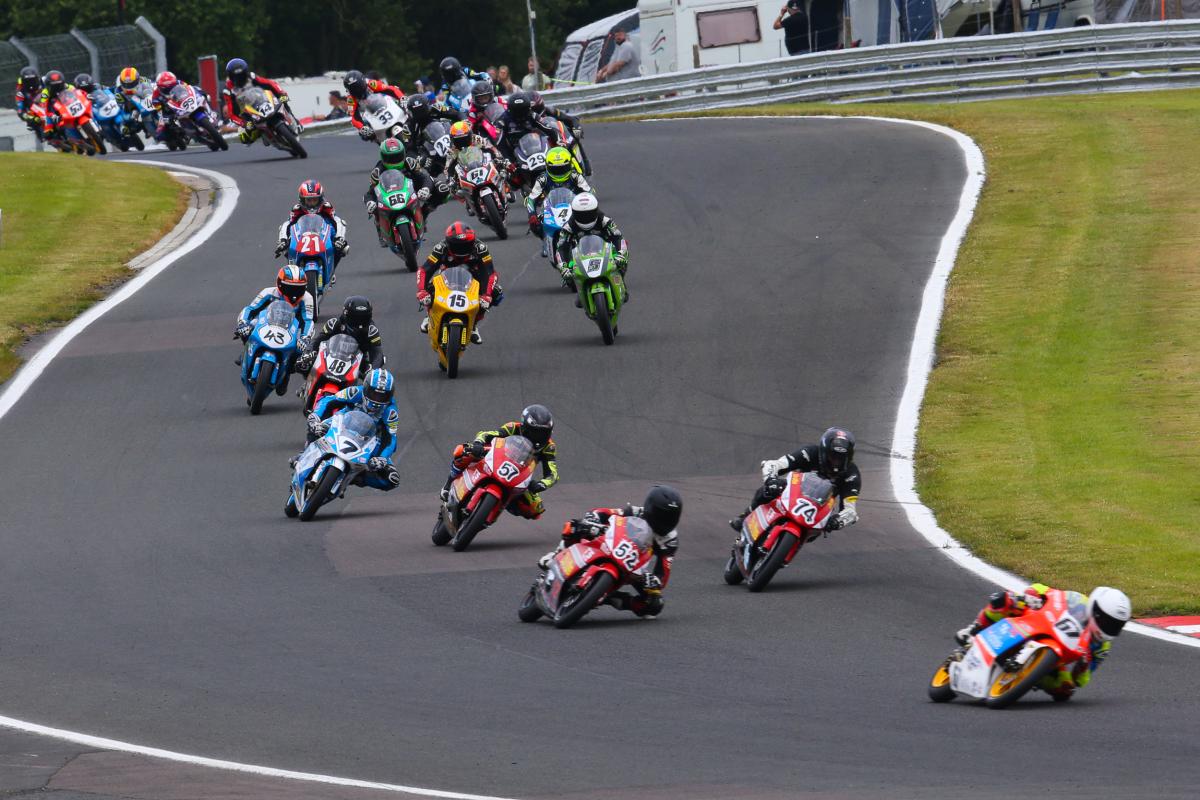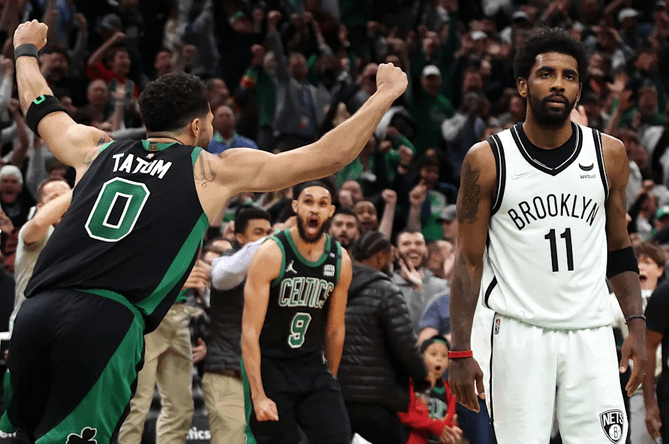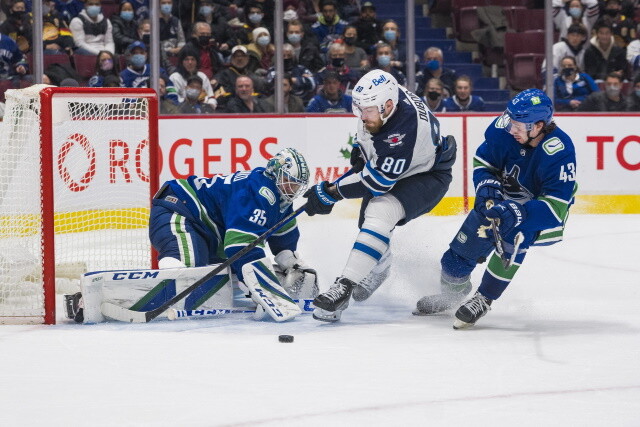In what could be a franchise-altering moment, Nationals owner Mark Lerner tells Barry Svrluga of the Washington Post that the team has enlisted New York-based investment bank Allen & Company to explore the possibility of selling the franchise or adding new investors/partners to the current ownership group. Lerner emphasized that the process is “exploratory” in nature and added that there’s no “set timetable or expectation of a specific outcome.”
The Lerner family purchased the Nationals, formerly the Expos, from Major League Baseball for a sum of $450M back in 2006 after the former Montreal franchise was folded and moved to Washington, D.C. Forbes recently estimated that the franchise is worth $2 billion — a four percent increase from last year and the 12th-most of any MLB franchise. Sportico placed that same $2 billion estimate on the franchise’s value back in March 2021.
Longtime control person Ted Lerner, who’s now 96 years of age, ceded control of the franchise to his son, Mark, back in 2018. At the time, as Svrluga points out, the younger Lerner was adamant that the family would never consider selling the team. Clearly, that mentality has shifted.
The Nationals’ open willingness to explore a sale of the club comes at a time when the on-field product has been largely torn down following last summer’s fire sale, which saw Max Scherzer, Trea Turner, Kyle Schwarber, Daniel Hudson, Yan Gomes, Josh Harrison, Brad Hand and Jon Lester all traded for younger, more controllable players (and, in some cases, salary relief). Of that bunch, Turner was the only one who’d been controlled beyond the 2021 season. He’s now earning $21M with the Dodgers. The rest of that group signed elsewhere in free agency (or, in Lester’s case, retired).
The Nats did reinvest some of those resources into the 2022 team, but their overall payroll is nearly $40M lower than its 2021 level. Most notably, Nelson Cruz joined the club on a one-year deal worth a guaranteed $15M. Cesar Hernandez ($4M), Anibal Sanchez ($2M), Steve Cishek ($1.75M), Ehire Adrianza ($1.5M), Sean Doolittle ($1.5M) and Alcides Escobar ($1M) all signed in the offseason as well, as did non-roster veterans Dee Strange-Gordon and Maikel Franco, who both made the club. None of those players are signed beyond 2022, though Cruz’s deal contains a mutual option for the 2023 season. That’s largely an accounting measure, as mutual options are very rarely exercised by both parties.
When looking at the potential sale of the franchise, there are various complicated factors to consider — even beyond the standard complexities associated with any multi-billion dollar sale of a team. Firstly, the Nationals have been mired in ongoing litigation with the Orioles regarding their television rights fees for the better part of a decade. The Mid-Atlantic Sports Network (MASN) broadcasts Nationals games but is owned and operated by the Angelos family — who also own the Baltimore Orioles. At stake are hundreds of millions of dollars in revenue.
The team’s long-term payroll outlook, of course, also impacts the sale price. That’s one reason that last summer’s broad-reaching sell-off was of some note, but it also shines a particular light on the Nationals’ thus-far unsuccessful efforts to extend superstar Juan Soto, who reportedly rejected a 13-year, $350M extension this winter.
Of more concern to potential buyers than money that perhaps ought to be earmarked for extending a franchise cornerstone is the money that’s still owed to a host of players who no longer even play for the Nationals. The Lerner family has habitually included deferred money in deals for their free-agent signings as a means of tamping down present-day value. That overwhelming slate of deferrals, however, is beginning to mount.
For instance, the Nationals owe Max Scherzer $15M in deferred salary each season from 2022-28 — even though he’s now pitching for the division-rival Mets. They’re paying Stephen Strasburg $10M in deferred salary from his prior contract in each of the next three seasons, before even considering the salary he’ll earn under the new $245M deal he signed on the heels of his World Series heroics. That new deal for Strasburg calls for him to receive three equal payments of $26,666,667 each July from 2027-29 — the contract itself ends in 2026 — plus a final installment of $3,999,974 on Dec. 31, 2029.
Those are far from the only deferrals to consider. Patrick Corbin’s $140M contract contains $10M in deferrals to be paid out from 2024 through 2026. The Nationals will pay Brad Hand a combined $6.5M from 2022-24 as part of the one-year, $10.5M deal he signed to pitch the 2021 season. They are, somewhat incredibly, still even on the hook for $2M annually to Rafael Soriano through 2025. Soriano retired after the 2015 season.
The enormous slate of deferrals and messy television rights dispute notwithstanding, the Nationals’ franchise value has undeniably skyrocketed from the point at which the Lerner family purchased the team. And given the relative rarity with which Major League franchises are put up for sale, there ought to be considerable interest, whether from an entirely new ownership group or from some wealthy investors looking to get a foot in the door as minority stakeholders with an eye toward growing that share over the years.





